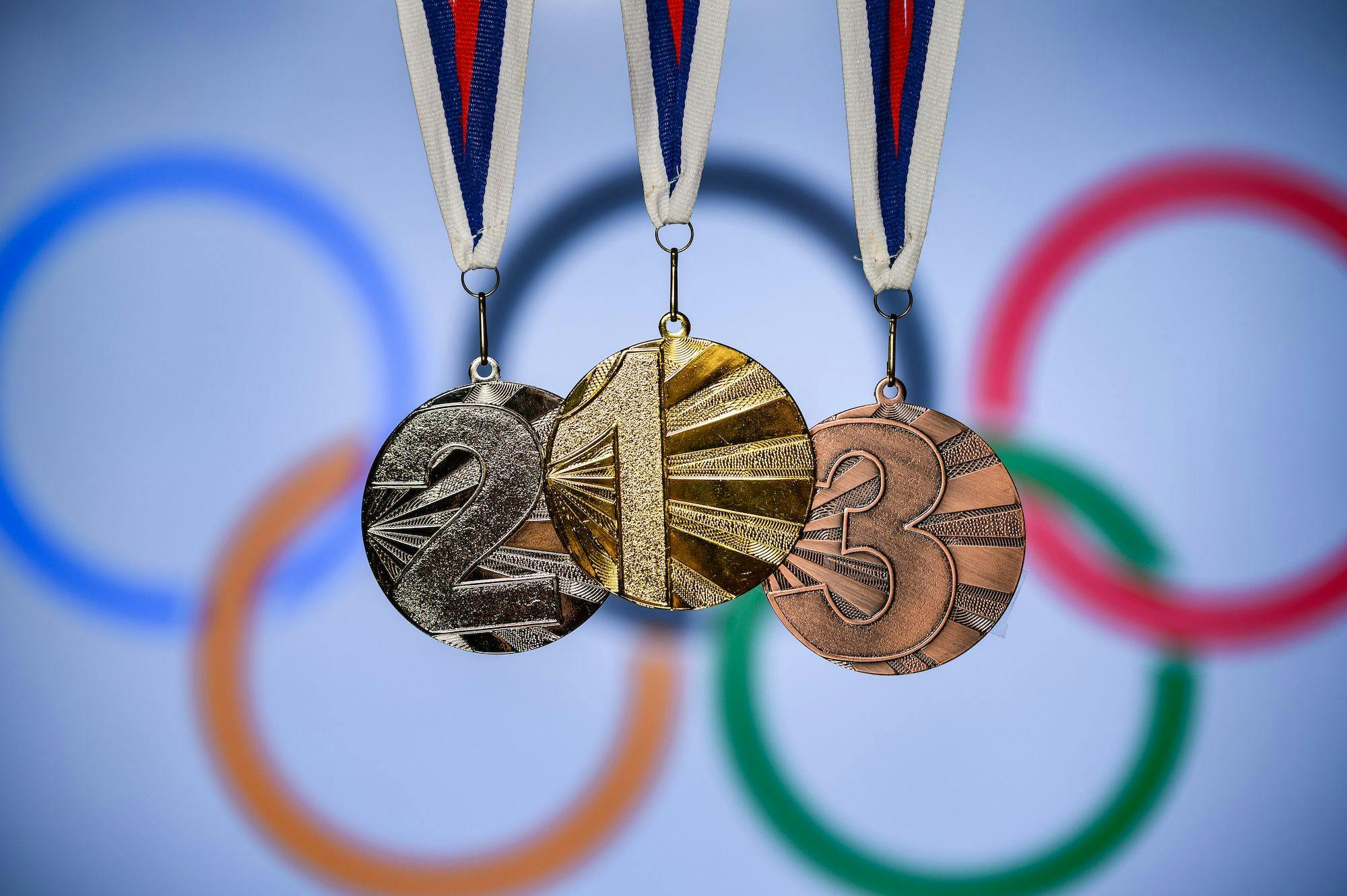The 5 lowest moments in Olympic history

The Olympic Games fire up the world like few other sporting event. Nations from all over the globe send their best athletes to compete, which whips the sports world into a frenzy.
However, the Olympics haven’t been without low points. Like every other sporting institution, there are moments we wish never happened.
Let's examine some of the most regrettable decisions and blunders in the history of the modern games.
5. The U.S. wins, the U.S. wins… the U.S. loses?
We’ll start with the first of two entries from 1972.
Team USA had not lost a basketball game in Olympic competition going into the gold-medal game against the Soviet Union.
The Americans led 50-49 late, but for a variety of confusing reasons, ultimately wound up giving the Soviets three different tries at a final inbound play. Third time was the charm, as Aleksandr Belov laid the ball in at the buzzer to secure a 51-50 USSR victory.
To this day, the Americans have declined to accept their silver medals.
4. 9.79*
Doping in sports was nothing new when Ben Johnson stepped into the blocks for the 100-meter final in Seoul in 1988.
Just 9.79 seconds later, he had a new world record, but everything came crashing down three days later.
Johnson was disqualified for using stanozolol, and the gold medal ultimately went to his rival, Carl Lewis.
3. Scandal rocks figure skating
The 2002 Winter Games in Salt Lake City played host to a bizarre judging scandal.
Canadian skaters Jamie Sale and David Pelletier appeared to have skated well enough to win gold in the pairs event but received lower marks than a Russian duo. Quickly, it became apparent that something was wrong.
Eventually, judge Marie-Reine Le Gougne confessed she was pressured to put the Russians first in that event, in exchange for a French gold medal in ice dancing. In an attempt to make the best of a terrible situation, Sale and Pelletier were ultimately given gold medals of their own, while the Russian skaters were not punished, because there was no evidence of wrongdoing on their part.
2. The Nazi-hosted Olympics
In 1936, the Games went to Berlin. Adolf Hitler had not yet embarked on his mission to conquer Europe, but it’s impossible to ignore the Nazi footprint on these games.
It may have even led to a late lineup audible within one U.S. relay team. Two members of the 4x100 relay team were Jewish, and they were pulled from the race shortly before its start. While the event gave Jesse Owens his fourth gold medal, it was one of the darker days in U.S. Olympic history.
1. The Games must go on… really?
In 1972, members of the Israeli team were held hostage by terrorists in their dorms during the Summer Games in Munich.
Eleven Israeli athletes and coaches were killed, but while the Games were suspended during the crisis, they resumed soon after. Several teams and athletes left Germany early, including swimming superstar Mark Spitz, who was feared to be a target, because of his Jewish faith.
